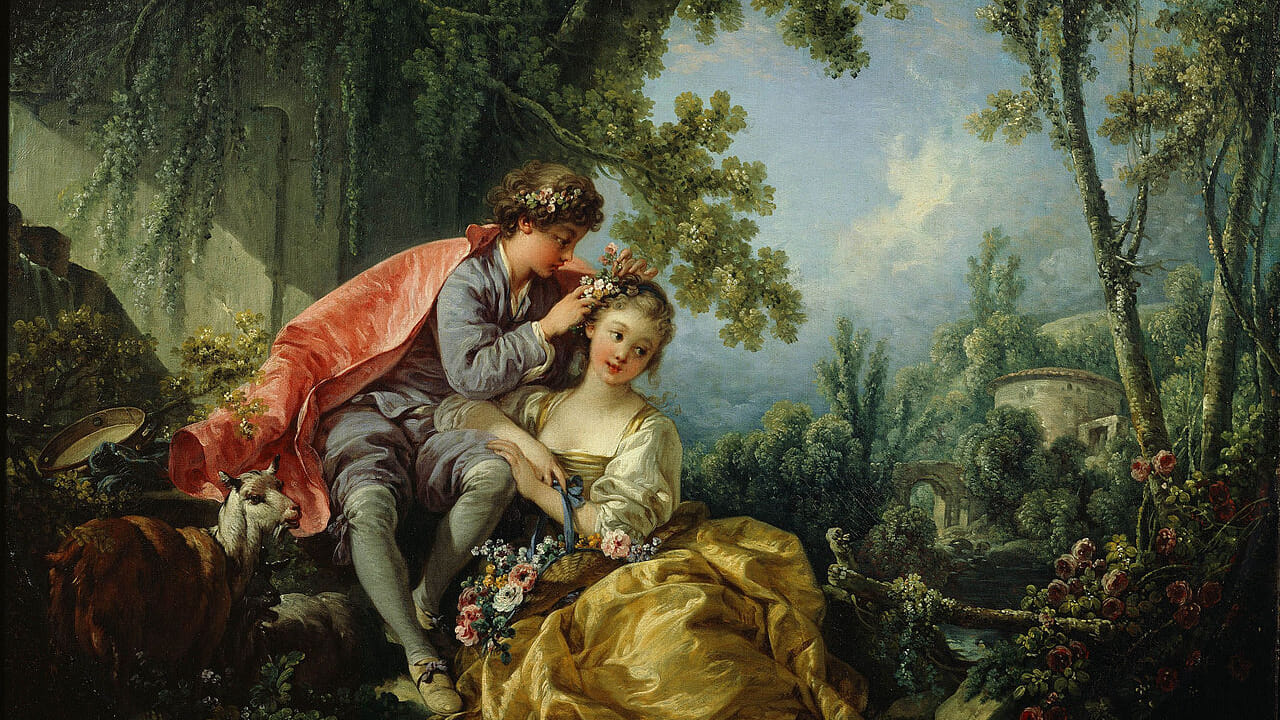Shunske Sato Plays Vivaldi: “Spring” from “The Four Seasons”
Antonio Vivaldi’s The Four Seasons (Le quattro stagioni) is one of the earliest and most iconic examples of programmatic music. Vivaldi composed the collection of four violin concerti, each depicting a season of the year, during his tenure as music director at the court chapel of Mantua. Together with eight additional concerti, the works were published in Amsterdam in 1725 under the enticing title, Il cimento dell’armonia e dell’inventione (“The Contest Between Harmony and …







